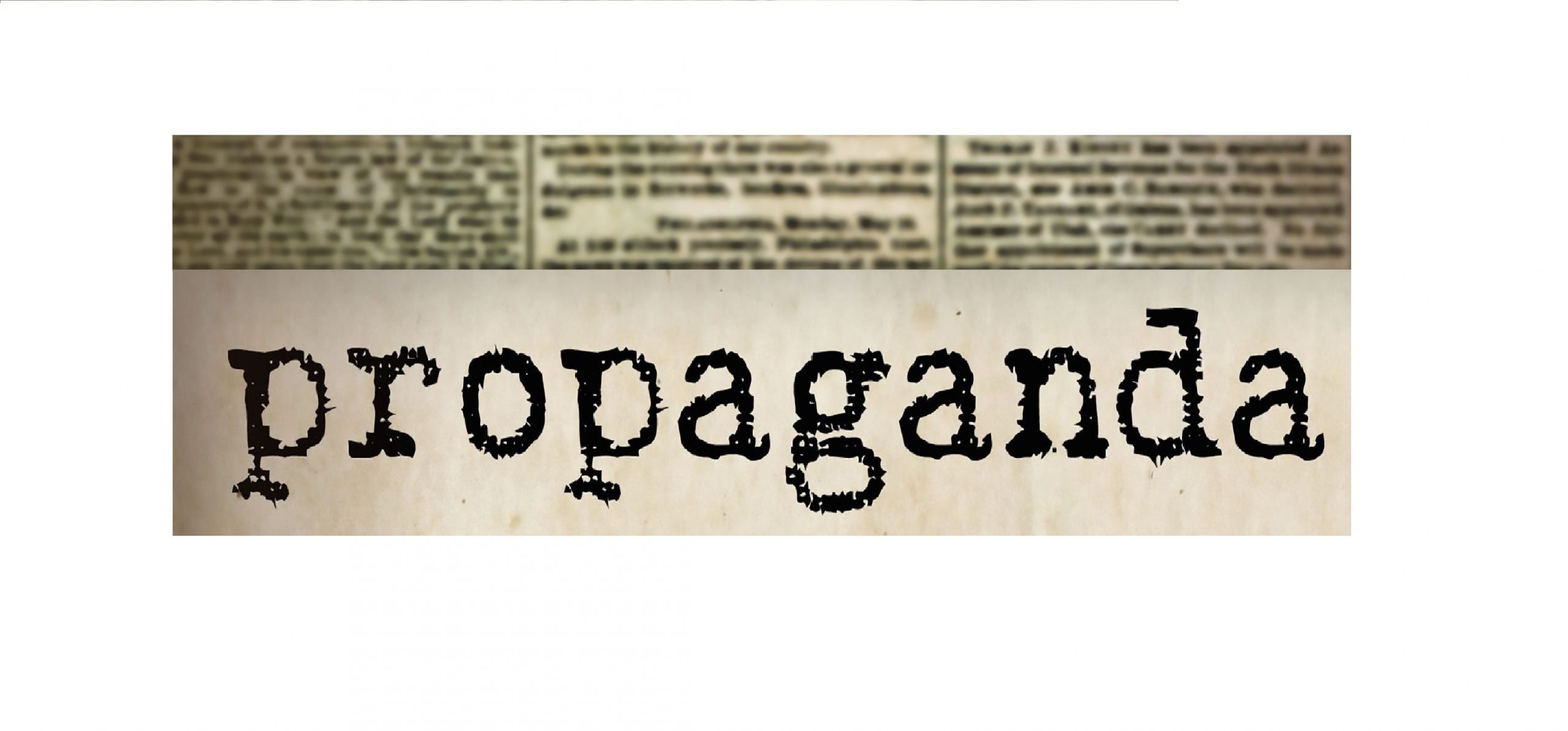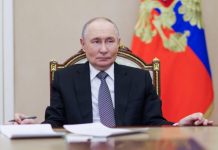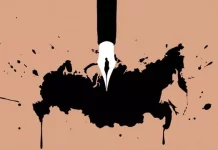As it is stated in the report “Informational war and historical propaganda” by the Centre for Polish-Russian Dialogue and Understanding, international relations are a subject of conversation with friends or family for 77% of the Poles. They have rather critical approach towards Polish-Russian relations: 42% consider them hostile or unfriendly, 35% as neutral and only 11% as friendly. According to the respondents, the fault for such situation is on both sides (46%) or only Russian (41%).
Analysing the youngest respondents (18-24 years old), we get slightly different image. Only 26% of young respondents consider current Polish-Russian relations as negative and 72% of them think that the responsibility is equally on both sides. This data, showing considerable ignorance among the young people, can be concerning.
The main reason of tensions between Poland and Russia are historical issues – according to 74% of Polish people. Other significant reasons are: current economical interests (37%) and current political issues (26%), among which the most important are the return of the plane wreck from Smolensk air disaster and the question of the gas line Nord Stream 2.
More and more Polish people know main narratives of Russian historical propaganda. The most widely spread ones push responsibility for the start of the II World War and war crimes from that period onto Poland, deny Katyn massacre, concern alleged destruction of Red Army memorials in Poland. Those thesis are mostly rejected by the Poles and considered unbelievable. Only 4% of Polish respondents agree with the statement about Polish ambassador in Germany who was supposed to tell Hitler that the Poles were going to built him a monument if he manages the problem of excessive number of the Jews (it is meant to prove Polish co-responsibility for the Holocaust). Relatively the most credible narrative is considered to be the one about wiping out the memory of Red Army soldiers-liberators. From the 73% of the Poles who accept the statement of falsifying the history by Poland and about the destruction of Red Army memorials, a fifth agrees with this narrative. It is worth noticing, that in Russian media, which are not only popular in Russian but also in other post-soviet states, this narrative becomes even more radical – they do not speak about Red Army monuments ut rather about Red Army soldiers graves.
The study shows also that the majority of Polish expects active reaction of the Polish side to Russian actions. Such response should comprise of presenting own point of view, protests and denouncing Kremlin manipulations on the international arena. They should also be coordinated with Lithuania and Ukraine. According to the respondents, such coordination will not only increase the efficacy but will also prevent Kremlin-inspired divisions between those countries.

Diagram 23. Opinion on the coordination of actions with Lithuania and Ukraine
Russian authorities on regular basis accuse Lithuania and Ukraine of justifying cooperation with Hitler, lack of gratefulness towards Red Army for the liberation and removing soviet memorials. Should Poland coordinate its response to Russian actions with authorities of Lithuania and Ukraine?
Yes, because by acting together we increase our capability for effective response for Kremlin aggressive policy. – 42%
Yes, because the Kremlin wants to create divisions between Poland and Ukraine and Poland and Lithuania. – 30%
Yes, because Ukrainians and Lithuanians, same as Poles, were victims of soviet totalitarianism. – 29%
Yes – other reason. – 2%
No, Poland should act independently. – 21%
No, because we have own historical disagreements with these nations. – 9%
No – other reason. – 3%
Difficult to say. – 9%
Diagram from CPRDU report “Informational war and historical propaganda”. Data does not add up to 100%, multi-response question.
The study was held on 14-21.04.2020 on representative group of 1005 people. The whole report is accessible on the Centre for Polish-Russian Dialogue and Understanding website (www.cprdip.pl).
Dorota Zielińska
Follow StopFake PL on Facebook, Twitter, Instagram and Telegram.





